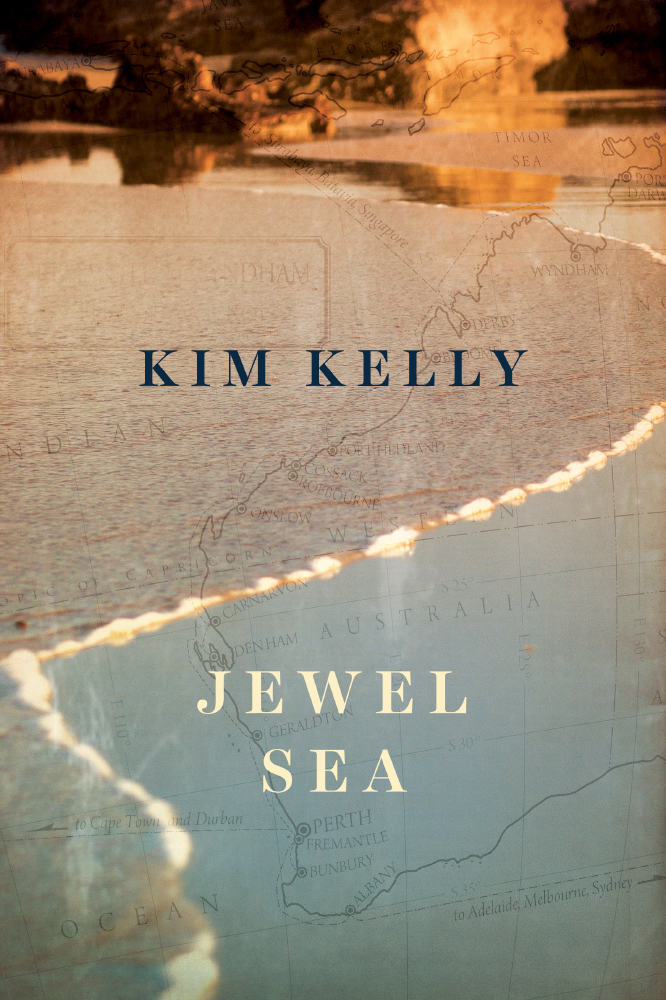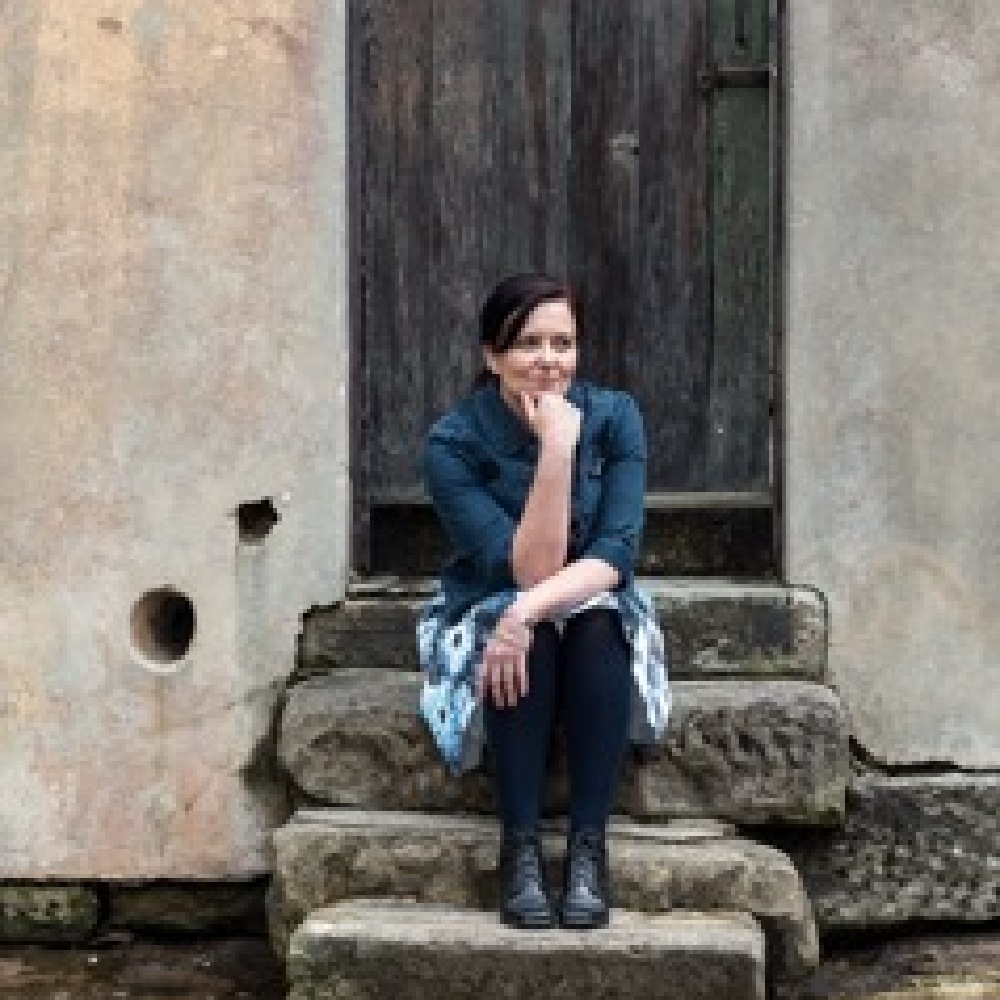Historical novels are just like any other novels but with crinolines and curses like 'drats' and 'gadzooks', aren't they?

Jewel Sea
Well, yes, sometimes - and no, not really. I've written six of them myself and edited many more, and here are the three essential things I think make for a rich writing journey into the past.
Let curiosity guide you
Because no-one has yet invented a time machine, there's so much about the past we can't possibly grasp, making the old adage 'write what you know' fairly irrelevant. The past is another world, and your curiosity is the only light you have to show you where to go inside it.
Remember, authenticity is as much about feel as it is about fact. Of course we want to get our historical details right - the sights and smells of the street, the fabric of the heroine's gown, the words she speaks - but we need to take care that our beautiful recreations aren't crushed under a weight of research.
Let your questions and your characters send you tumbling down rabbit holes of wonder. If we allow ourselves to be surprised by the past - delighted, horrified, awed - then, hopefully, our readers will be too.
Give love a reason
Most of us historical fictioneers have fallen in love with some particular period - for me, that's early twentieth-century Australia - but this love needs a reason, so that we're not only indulging our passions but always illuminating something more.
Readers usually aren't interested in showy declarations of how much knowledge an author has accumulated about their one true love; they want to see the world with you - discover this love with you.
Whether your yen is the French Revolution, Celtic cavemen or Edwardian shipwrecks, ask yourself, Why would a reader want to follow me here?
In my own work, I'm always searching for what the past can tell us about who we are today, and about the contradictions that are Australia.
Telling your story accurately is admirable; telling it with purpose infuses it with a deeper, more compelling reality.
Know the rules and break them
As Nietzsche said, there are no facts, only interpretations - or something like that - but facts are the frames we need to work within when telling tales based on history. We need to stick to the timeline of events, and draw characters, real or imagined, with as much truth as we can glean. We need to avoid pesky anachronisms, too - if 'geewilikers' wasn't said in eighth-century Norway, probably wise not to include it in your story, unless time travel is actually involved.
But at the same time, you don't have to stick slavishly to convention. Play with the boundaries of your world, to find what it is you need to say there.
After all, I've got a fractious, magical pearl at the centre of Jewel Sea. She's steeped in Australian legend but obviously untrue and impossible. Does this mean Jewel Sea is a fantasy rather than historical fiction? No - the pearl is as real as you and me. But you'll just have to read the story to find out how…

Kim Kelly is an internationally published author of Australian historical fiction and a book editor, too. Her new novel Jewel Sea is out now in paperback from The Author People, priced £14.99, and serialised with The Pigeonhole, priced £2.99.
Links to the publishers: http://www.theauthorpeople.com/jewel-sea/
https://thepigeonhole.com/books/jewel-sea

